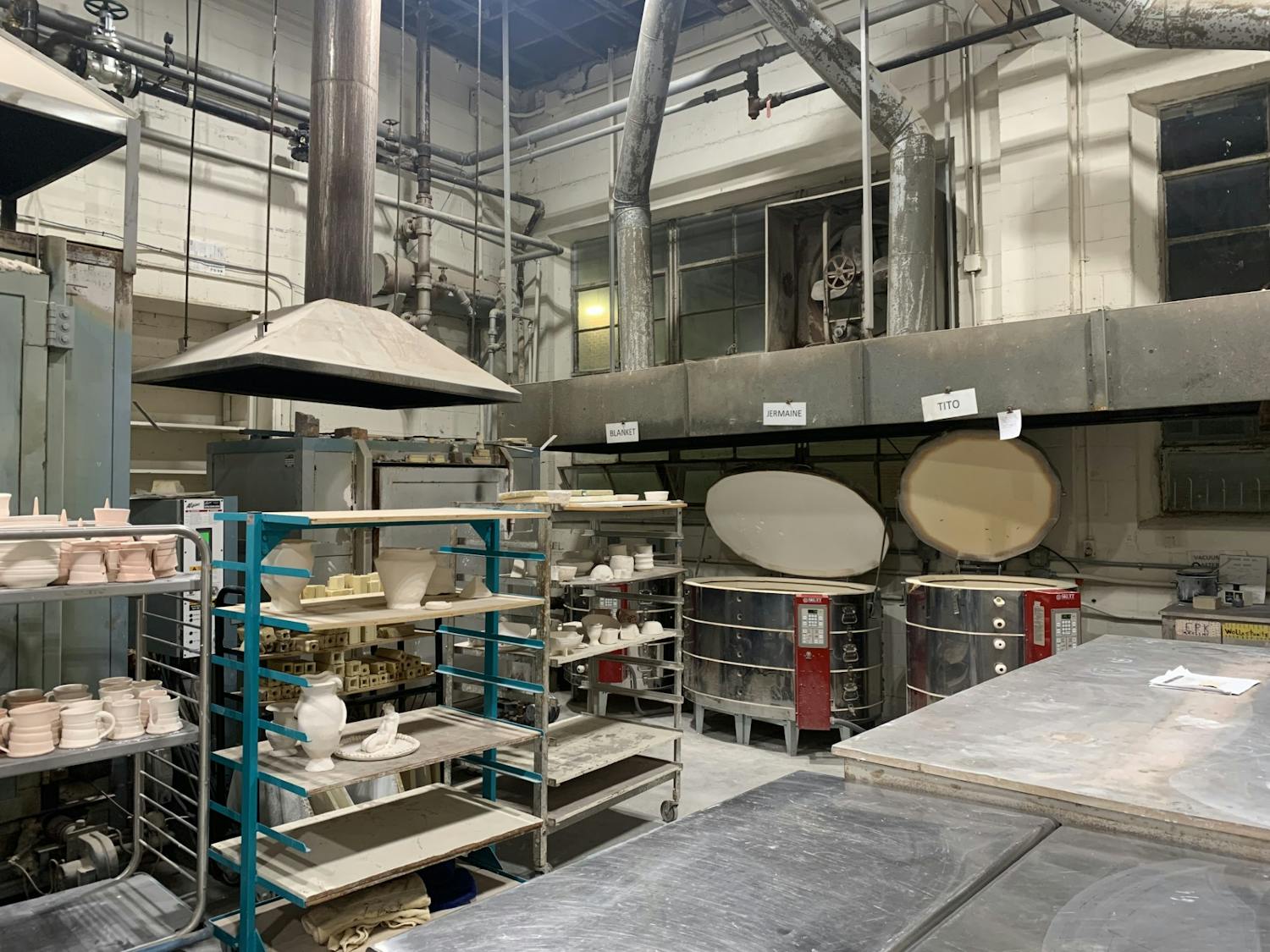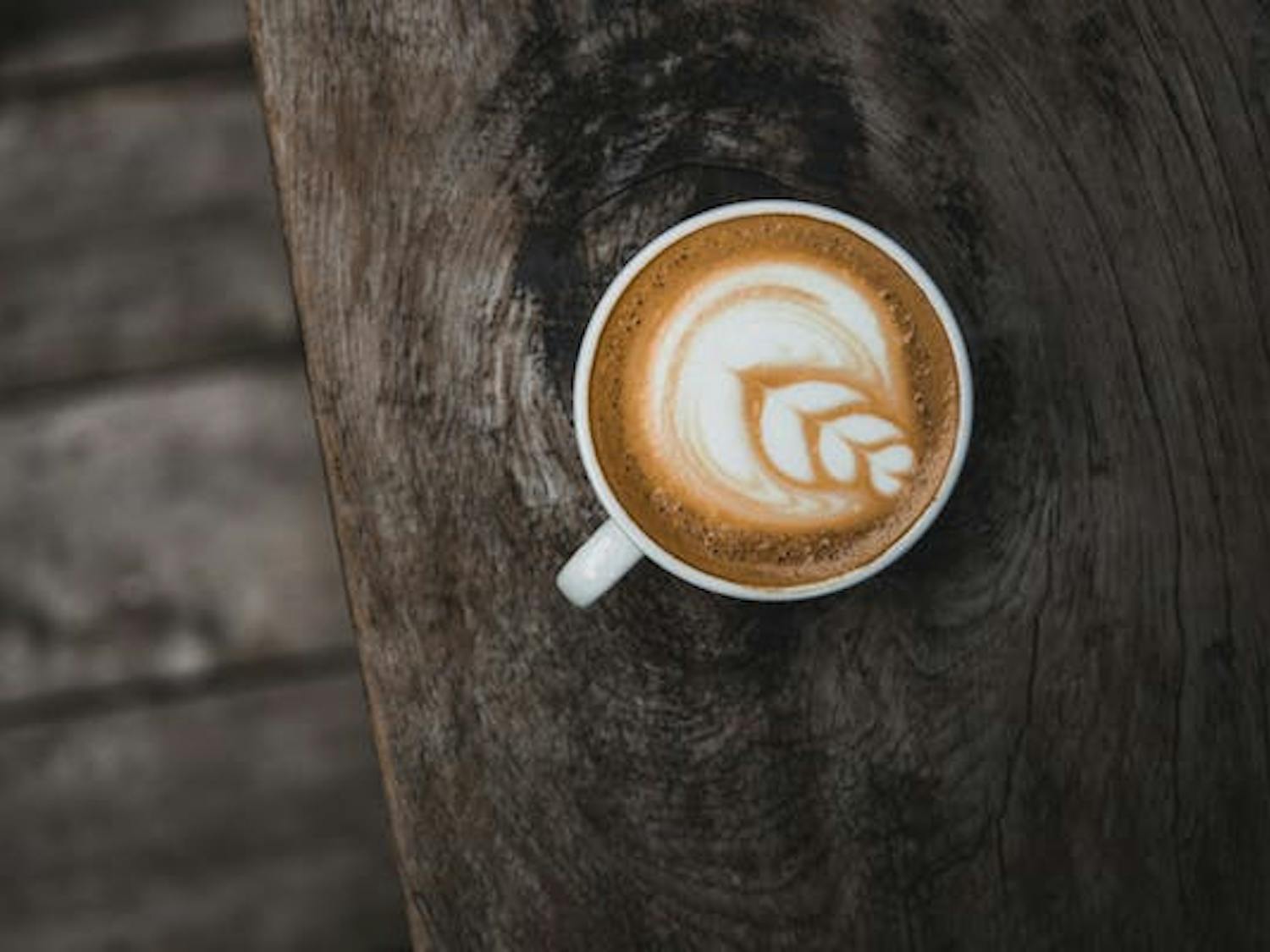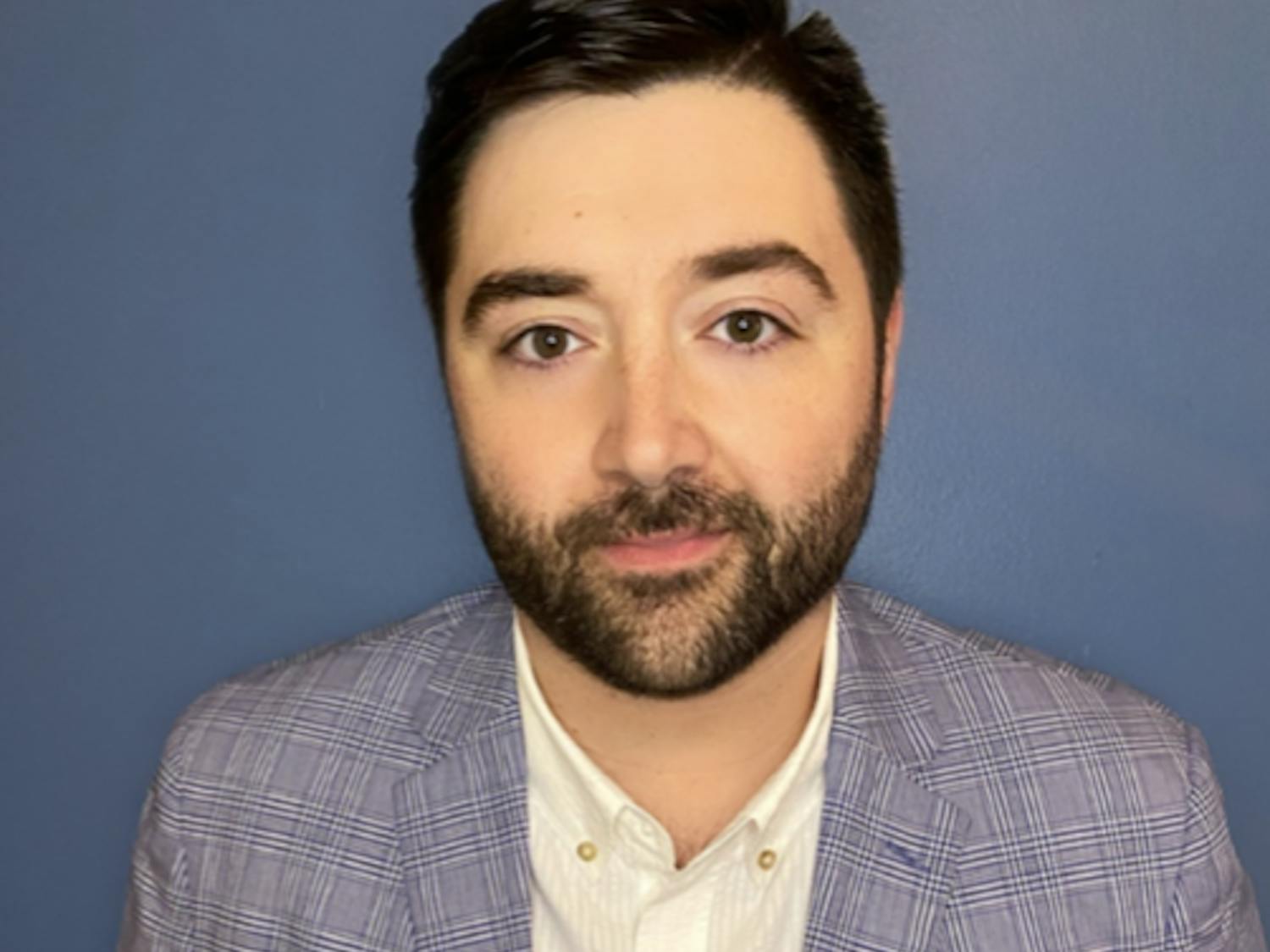Joe Salisbury stands nearest to the net as his partner, Rajeev Ram, prepares to serve what would be the final point of the championship match at the Australian Open. A strong serve from Ram, and their opponent moves to return the ball with a lunging, backhand swing, but the ball never reaches the other end of the court. As he drops his racket and lets out an electrified yell, Salisbury realizes that he has just won his first Grand Slam.
Salisbury grew up in London, only about 10 minutes from Wimbledon Stadium — home to the biggest and most prestigious tennis tournament in the world. Both of his parents were tennis players and his older siblings followed suit. He grew up attending the Wimbledon Open every year and started playing the sport when he was young.
“I started playing when I was really young and just loved it,” Salisbury said during a phone interview from Hamburg, Germany, where he was playing. “I started playing a lot after that.”
As he grew up, he made the decision to play for an American college. Salisbury knew that, unless he were to become a professional when he was only 17 or 18, he would need to play at a university. Ultimately, he would end up in the westernmost corner of Tennessee, at the University of Memphis.
“It has always been quite popular for players to go out to the U.S. and play in college,” he said. “It was by coincidence that I met Paul (Goebel). He was in London recruiting players. He wasn’t planning to meet me, but one of the coaches spoke to him about me and arranged for us to meet up. So, we met up and had a chat and got on really well. (Memphis) sounded like a good fit.”
Unlike most athletes, Salisbury did not take an athletic visit to the campus and his first time seeing it was when he arrived to start the semester. Although he was injured when meeting Coach Goebel, he was welcomed to the team and encouraged to take as much time to heal as he needed. According to Salisbury, the head coach had taken a risk with recruiting him.
“At the time, I hadn’t been playing that much. I was out for a year with mono and had lots of injuries,” he said. “He took a chance on me since I did not have any recent results or a good ranking.”
Over the next four years, he would form a tight bond with his teammates. He fondly recalls the hospitality of the city and the way that his coach focused on developing him and his teammates for post-collegiate life, regardless of whether or not tennis would be a part of it.
“Paul really embodied (being a Memphian),” he said. “There is a great community spirit in Memphis. That is something that Paul really tried to instill in us as players. He cared for us more than just as tennis players or the success as the team. He wanted to give us a good experience and set us up for the rest of our lives. Whether it was tennis or not, he wanted us to grow as people. I was really grateful for it all.”
In tennis, one can play singles or doubles in which a player either competes alone or with a partner, respectively. Salisbury always enjoyed the team aspect of tennis, which is part of what lured him towards being a doubles player. He is currently ranked as the fifth best doubles player in the world, while his partner is ranked sixth. Together, they are currently the best duo in tennis with 2,900 points in the Association of Tennis Professionals (ATP) Tour.
“What’s great about team sports is that you’re not just playing for yourself,” Salisbury said. “It’s great to share that with someone else and have people support you when you’re not doing as well.”
Although he has come a long way since arriving in Memphis, Salisbury does not reflect on his progress often. He was once a student athlete who was excited to play in tournaments and would be content with performing well against other collegiate athletes, regardless of the outcome of the match.
“I remember thinking how amazing it was that we were playing the best team ever, and it was such a huge deal,” Salisbury recalled. “We were so happy with how we played and had a close match. I don’t think I ever believed that I would get to the top of the game. Now that I’m here, I feel like I always have much higher expectations of myself wherever I am.”
Since finishing his tenure as a tiger, he has begun to place higher and higher expectations on himself and is constantly reassessing his goals.
“I didn’t expect to get as far as I have gotten,” he said. “Now that I’m here, I am more often thinking that I want to get ranked higher and win more grand slams. I haven’t really thought about how great it is that I’ve gotten this far, which I really should think about more.”
Travelling for 35 weeks out of the year does get tiresome for Salisbury, but he has come to realize that the “strange lifestyle” is part of the job.
“We spend a lot of time in hotels and packing up suitcases and on a plane,” he said. “I would like to be home more. I do love getting to go to those new places and see different cultures, different people and different cities, though.”
The threat of COVID-19 put a pause to competition, but, with the creation of bubbles for athletes and coaches, matches have resumed. Although the remaining tournaments will be less spread out, Salisbury is not worried about the toll it may take as he and Ram have already qualified for the tournament final in London.
“It’s a job, but it’s also what I love doing,” he said. “It’s kind of my purpose. It’s what I train for and what I want to do. I’m lucky that I am here.”



